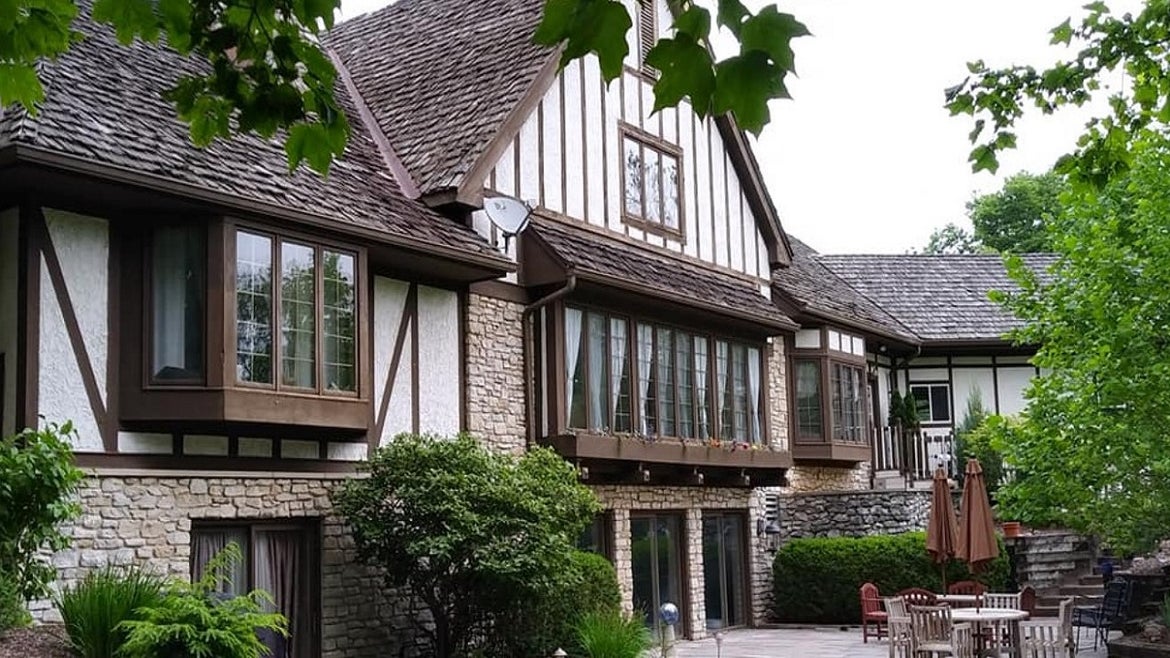Serial killer Herbert Baumeister was living a double life when he lured gay men to his estate and then killed them, authorities said.
Renewed efforts will begin to identify the remains of 17 people believed murdered by infamous serial killer Herbert Baumeister, who scattered pieces of his victims across his sprawling estate, authorities said.
Indiana's Hamilton County Coroner-elect Jeff Jellison announced Monday that he intends to seek modern DNA technology to name unidentified remains found on the 18-acre horse farm once owned by Baumeister.
“These remains represent people," Jellison said in a statement. "For the past 26 years these people have been placed on a shelf at the University of Indianapolis, and that is not acceptable.
"We need to make every effort possible to identify these people and return them to their loved ones,” he said.
Investigators have said at least 25 people were killed by Baumeister, who lured gay men to his lush home on Fox Hollow Farms in the 1980s and 1990s, then strangled them. A married father of three who operated successful thrift stores, Baumeister lived a double life, authorities said.
While his wife and children were out of town or on vacation, Baumeister frequented gay bars and picked up patrons, police said.
He fled to Canada and shot himself to death in 1996 after investigators identified him as a suspect in a string of missing men, authorities said. His wife had filed for divorce after police questioned her about his possible connection to the missing men.
A search of the large farm yielded the remains of more than two dozen victims, whose bodies had been burned and pulverized, authorities said. Eight men were identified, leaving 17 bodies unidentified.
The case basically came to a halt after that, investigators said.
The new county coroner wants to change that, he said.
"Just because we couldn’t do something 26 years ago doesn’t mean we should just give up and walk away," Jellison said. “DNA was a relatively new tool for law enforcement 26 years ago. It was very expensive and often took months to complete. Now, DNA profiling has become faster and more user-friendly.”
A team of investigators from the Hamilton County Sheriff's Office, the Fishers Police Department DNA unit, the Indianapolis Metropolitan Police Department missing persons division, the Indiana State Police biology unit, the University of Indianapolis' archeology and forensic lab, and the Hamilton County Coroner's Office have been assembled by Jellison, he said.
“We have a huge job in front of us. However, I have confidence this team of police officers and forensic specialists will exhaust all efforts to identify the individuals that were brutally murdered and discarded on Herb Baumeister’s property,” Jellison said.
He asked anyone whose relatives disappeared from the area during the time period of the killings to submit a DNA sample to his office.
Related Stories






